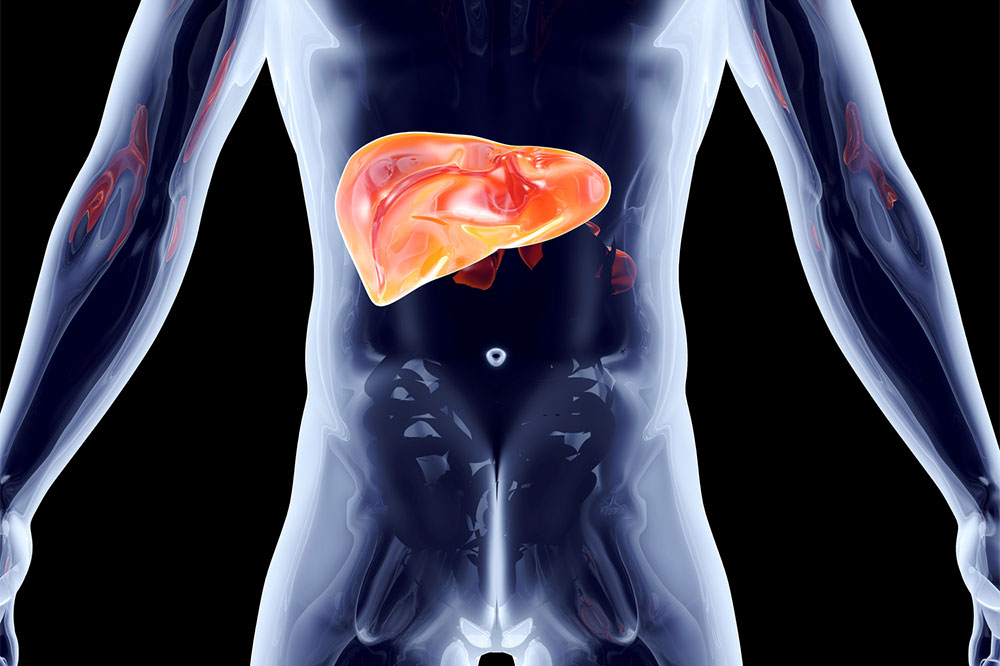4 signs of a weak immune system

Maintaining a healthy immune system is essential to prevent diseases and improve overall well-being. However, several factors can affect immunity, including genetics, environmental factors, eating habits, and infections. If such risks are left unaddressed, one could develop a weak immune system that is unable to keep infections at bay. So, one must recognize the common signs of a weak immune system and seek early treatment to protect themselves from diseases.
Slow healing wounds
When one gets a cut, scrape, or burn on their skin, the body sends nutrient-rich blood to the injury to assist in the regeneration of new skin. The healing process depends on healthy immune cells. So, if a wound does not heal quickly, it could indicate a complication in the immune system.
High stress levels
Long-term stress may weaken the immune response. Stress causes an excess release of cortisol in the bloodstream, which may lower the white blood cell (WBC) count. The lower WBC count may trigger a hormonal imbalance that negatively influences immunity. So, if one often experiences stress-induced sickness, it might be a sign of weak immunity.
Fever
When one has a slightly higher temperature than normal, it could be a sign that their immune system is starting to overwork. The symptoms could occur due to the onset of an infection or an autoimmune condition. One may usually experience a mild fever here, but one should get it examined if the symptom persists.
Digestive issues
A portion of the immune system is located in the digestive tract. The healthy microorganisms in the region defend the gut from infections and support immunity. But if one experiences digestive issues like constipation, diarrhea, and gas, it could be a sign that their immune system has become weak. The symptoms might lead to chronic inflammation, autoimmune diseases, and viruses.
Another thing to note when dealing with weak immunity is that those with diabetes may not have enough insulin to process glucose, which could lead to the accumulation of glucose in the bloodstream. As a result, the immune system function might further deteriorate and trigger pulmonary tuberculosis, urinary tract infections, and skin and soft tissue infections. Further, older adults, especially those with a weak immune system, are at a higher risk of severe diseases caused by the respiratory syncytial virus. The virus causes infections of the lungs and breathing passages, which could lead to lower respiratory tract diseases and severe complications like pneumonia and bronchiolitis. In such cases, healthcare experts may recommend the FDA-approved RSV vaccine to prevent such complications.
Other management options
When the immune system is weakened, a healthcare expert might recommend options to boost immunity. One option is immune-boosting supplements like gummies, which are rich in nutrients such as zinc and antioxidants. The doctor may also recommend booster shots to help improve the immune system function. One should also note that whether they receive an RSV vaccine or a booster shot, it is important to check for side effects. The prescriptions may affect the body’s ability to fight infections for a few days and can cause fever, a cold and flu, and cough. One should also inform healthcare professionals if they have conditions like diabetes or high blood pressure before opting for a shot, as they could be vulnerable to the side effects of the booster.






